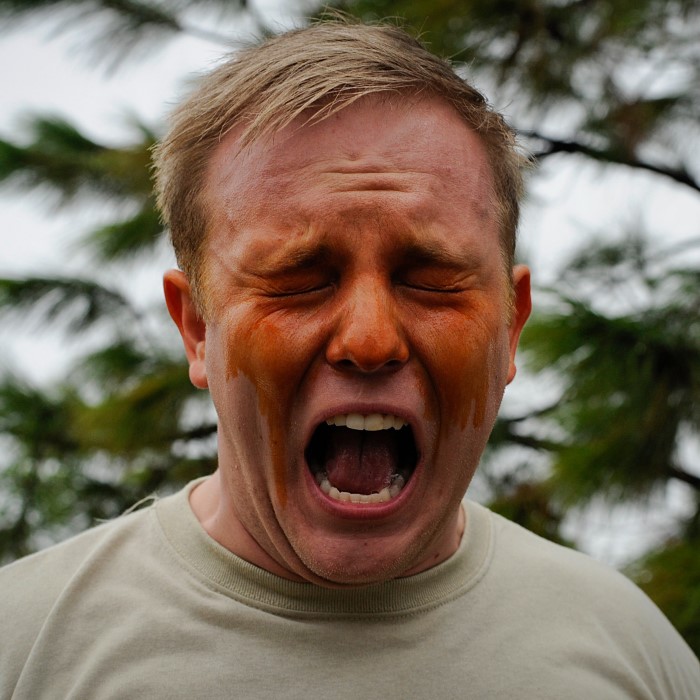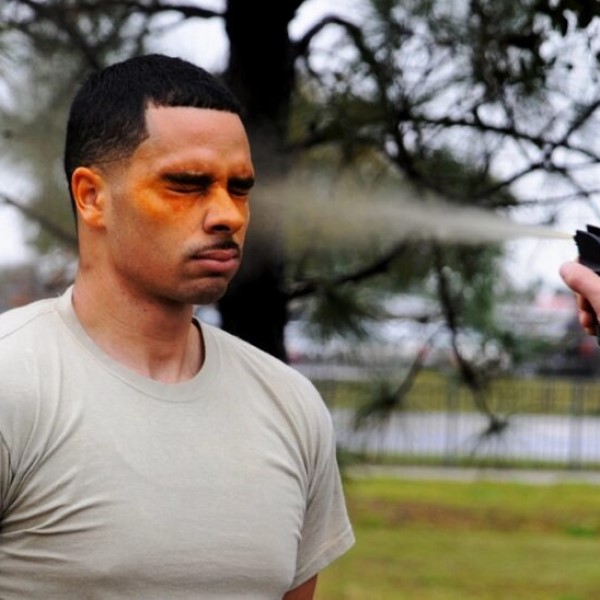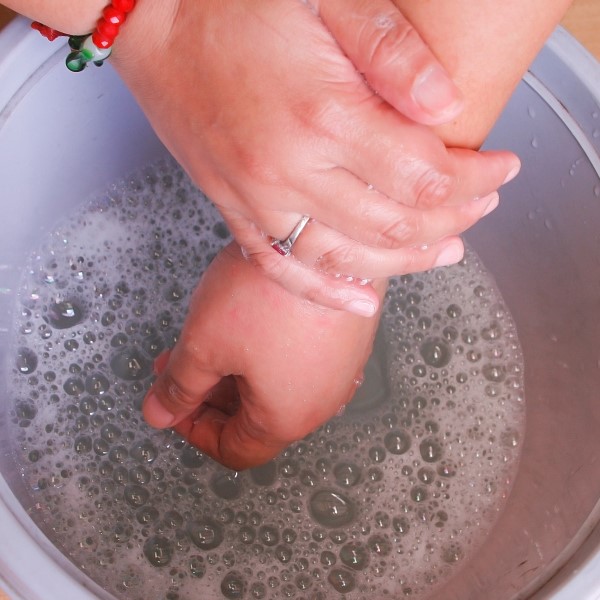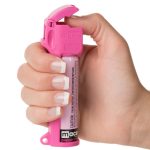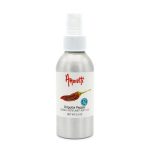Understanding Pepper Spray: How Long Does It Last on Skin?
Pepper spray is a widely used self-defense tool that creates an immediate and intense burning sensation on the skin and mucous membranes in the event of an assault. One pressing question that people often have is, how long does pepper spray last on skin? The duration can vary significantly based on several factors, including the concentration of the spray and individual skin sensitivity, making it crucial for users to be well-informed.
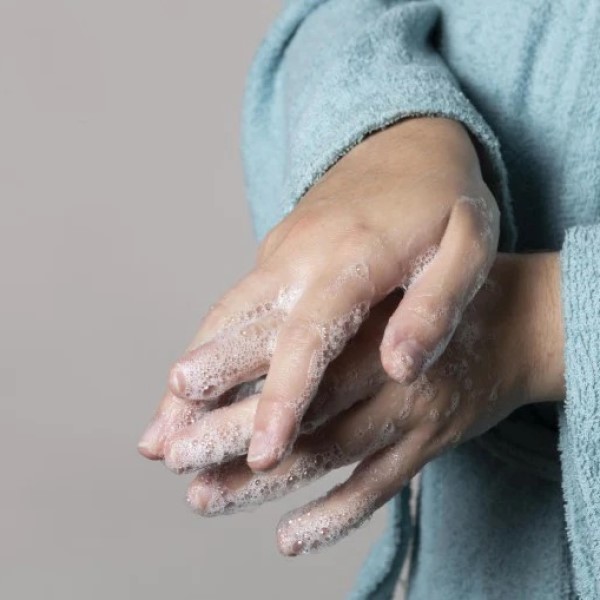
Generally, the effects of pepper spray can last anywhere from 20 minutes to 90 minutes, depending on the individual’s reaction and the severity of the exposure. However, the discomfort may linger even longer, particularly if exposed to sensitive areas such as the eyes or mouth. For some, the burning sensation can be intensely painful and can lead to tears, coughing, and an overwhelming urge to rub the affected area. Hence, knowing the potential duration of these effects is vital for anyone considering using or carrying pepper spray.
Factors Affecting Duration of Pepper Spray Effects
Several factors affect how long pepper spray lasts on skin:
Concentration of Active Ingredient
- Understanding Oleoresin Capsicum (OC): Oleoresin capsicum is the main active ingredient in most pepper sprays. It is derived from hot peppers and is responsible for the spray’s irritating effects.
- Variability of Potency: The potency of OC can vary significantly between different products. Some formulations contain a higher concentration of oleoresin capsicum, resulting in a more intense reaction upon exposure.
- Impact of Higher Concentrations: When the concentration of OC is elevated, it often leads to more prolonged irritation for the affected individual. This means that users of higher-concentration sprays may experience symptoms such as burning, tearing, or difficulty breathing for a longer duration.
Personal Sensitivity
- Individual Reactions: Sensitivity to pepper spray can vary widely among individuals. Some people may find that their skin reacts more vigorously to the spray than others.
- Skin Type Considerations: Various skin types, whether dry, oily, or sensitive, can influence how long the irritation lasts. Individuals with sensitive skin may experience heightened reactions and prolonged discomfort.
- Existing Skin Conditions: Those with pre-existing skin conditions, such as eczema or psoriasis, may have an increased vulnerability to irritation from pepper spray, leading to more severe or lasting effects.
Environmental Conditions
- Influence of Weather: Environmental factors can significantly impact how pepper spray affects individuals. For instance, weather conditions can alter the potency and behavior of the spray.
- Effects of Wind: On windy days, the dispersal of the spray may be accelerated, diluting its irritating effects more quickly as the particles can be blown away from the target.
- Humidity Considerations: Conversely, high humidity can prolong the effects of pepper spray. In humid conditions, the moisture in the air may help retain the spray’s active properties, resulting in a more intense and longer-lasting irritation.
Exposure Time and Ventilation
- Importance of Exposure Duration: The length of time a person is exposed to pepper spray can directly affect the severity and duration of symptoms. Longer exposures generally lead to intensified reactions.
- Impact of Confined Spaces: If an individual is sprayed in a confined or enclosed area, the effects of the spray may be significantly heightened. In such environments, the concentration of OC particles remains higher for a longer time, amplifying the irritation experienced.
- Ventilation Effects in Open Areas: In contrast, exposure in well-ventilated or open spaces may lead to a quicker dissipation of the spray, reducing the duration and intensity of its effects on individuals.
Understanding these factors equips individuals with the knowledge necessary for effectively handling situations where they might need to use pepper spray. Preparation is key in self-defense scenarios.
Relief from Pepper Spray Burn: What Works?
Experiencing the burning sensation from pepper spray can be alarming, leading to questions about how to alleviate discomfort. Many users wonder, what relieves pepper spray burn? Here are effective methods to manage the burning sensation:
- Immediate Washing: The best way to relieve irritation is to flush the affected area with cool running water. This helps wash away the active ingredients and can minimize further pain.
- Using Mild Soap: After rinsing with water, gently washing the affected area with mild soap can help break down the oils present in the pepper spray. It’s crucial to avoid harsh soaps or scrubbing too hard, as this can exacerbate irritation.
- Cold Compress: After washing, applying a cold compress can help soothe the area. Use a clean cloth soaked in cold water or a bag of ice wrapped in a towel. This can reduce swelling and provide relief from the burning sensation.
- Natural Remedies: Products such as aloe vera gel are well-known for their soothing properties. Applying aloe vera can help calm the skin and promote healing. Other options include oatmeal baths and witch hazel.
- Over-the-Counter Pain Relief: For those experiencing severe discomfort, over-the-counter medications, such as ibuprofen or acetaminophen, can help alleviate pain and inflammation.
These methods collectively work to relieve the burn and discomfort caused by pepper spray, allowing individuals to return to their normal activities more comfortably.
Does Pepper Spray Wash Off?
Another frequent inquiry is, does pepper spray wash off? The answer is yes, but it requires a careful approach, as the active ingredients can adhere to the skin. Here is how to properly wash off pepper spray:
Initial Rinse
- Immediate Action: It’s crucial to act quickly after exposure to any harmful substance.
- Use of Cool Water: Rinse the affected area under cool, running water for at least 15 minutes.
- Purpose: This initial rinse serves as the first line of defense against irritation and helps to wash away any excess residue from the skin.
Applying Soap
- Choosing the Right Soap: After the initial rinse, opt for a mild, fragrance-free soap to minimize further irritation.
- Gentle Cleaning: When washing the area, use your hands or a soft cloth, applying gentle pressure to clean without scrubbing harshly.
- Thorough Cleaning: Ensure that the soap covers the entire affected area to effectively remove any remaining contaminants.
Avoid Hot Water
- Temperature Awareness: It’s essential to avoid using hot water during the cleaning process.
- Reasons to Avoid: Hot water can open up your skin’s pores, which may allow the active ingredients in the contaminant to penetrate deeper, potentially worsening any irritation or discomfort.
Cleaning Contaminated Clothing
- Immediate Laundry: If any clothing has come into contact with the spray, it’s important to address this promptly.
- Separation from Other Laundry: Wash these contaminated items separately from other clothing to prevent any potential transfer of chemicals.
- Detergent Use: Use a good-quality laundry detergent to ensure that any residues are effectively washed out.
Assessment and Reinforcement
- Post-Cleaning Evaluation: After washing, take a moment to assess the affected area for any signs of lingering irritation, redness, or discomfort.
- Using Soothing Agents: If irritation persists, consider applying soothing agents like aloe vera, calamine lotion, or other over-the-counter remedies designed for skin sensitivity.
- When to Seek Help: If the discomfort continues or worsens, it’s advisable to seek medical advice to ensure proper treatment and care for the affected area.
By following these cleaning methods, you can effectively remove pepper spray from both skin and clothing, mitigating its lingering effects.
Safety Tips for Using Pepper Spray
How long does pepper spray last on skin? When considering the utility of pepper spray, users should remain aware of key safety tips for effective and safe usage:
- Know Your Product: Different brands and formulations vary in potency. Familiarity with your specific product ensures effective and safe use.
- Proper Storage: Store pepper spray in a cool, dry place away from direct sunlight to maintain its effectiveness. Always ensure the canister is securely closed to avoid accidental discharge.
- Aim for the Attacker’s Face: When deploying pepper spray, aim for the face, particularly the eyes. This practice maximizes the chance of incapacitating an attacker for a short period.
- Practice Deployment: If you own pepper spray, you should regularly practice its deployment. Familiarity with the canister’s mechanism will enable you to react quickly in a high-pressure situation.
- Understand Your Local Laws: Be aware of the laws governing the use of pepper spray in your jurisdiction, including regulations about carrying and using it.
By adhering to these safety tips, you can enhance your preparedness and ability to protect yourself effectively.
Conclusion: Recap on How Long Does Pepper Spray Last on Skin
To conclude, comprehending how long does pepper spray last on skin is essential. The effects typically linger between 20 minutes to 90 minutes, depending on various factors, including concentration and individual sensitivity. The measures taken for aftercare can significantly shorten the duration of discomfort. Immediately flushing the area with water, using mild soap, applying cold compresses, and opting for natural remedies can provide relief.
Furthermore, understanding the cleaning process—such as rinsing and carefully washing contaminated areas—reinforces the knowledge necessary for managing encounters with pepper spray. Always prioritize safety and informed usage, as this can greatly enhance your resilience in threatening situations.
